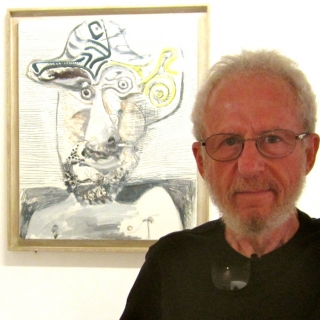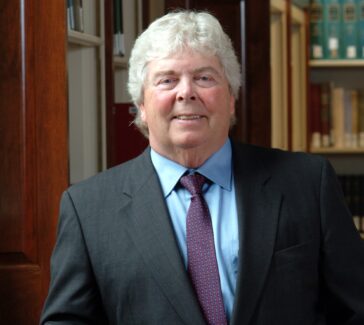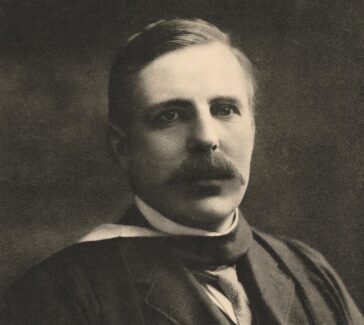Ralph Landau
Landau, a chemical engineer, used his problem-solving skills to design all manner of processes for producing petrochemicals.
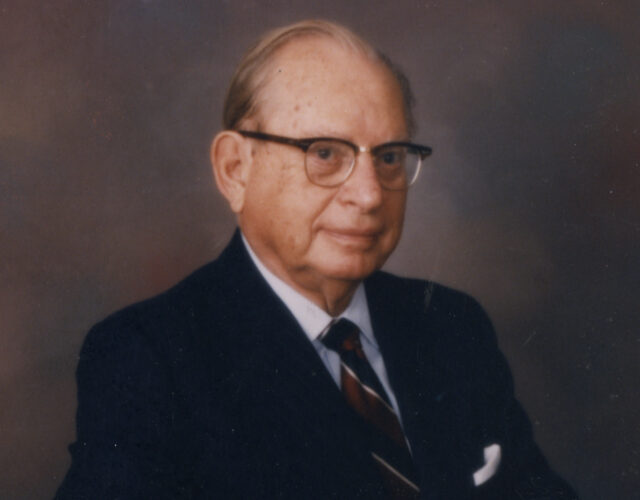
Ralph Landau (1916–2004) founded one of the world’s most successful engineering and design firms, Scientific Design Company, and its successor corporations, which developed and commercialized nearly a dozen processes for producing petrochemicals.
LEARN MORE
Biography is one way of learning about a person. Oral history is another. Spend a few minutes listening to Ralph Landau’s interview archived by the Science History Institute’s Center for Oral History. What do you hear? Has the recording picked up background noises, interesting accents, nervous laughter, or meaningful pauses? What might these tell you about the interview context, who is speaking, or how the speakers feel about the memories being discussed? What do think you can learn about Landau from his oral history that is different from the content of this biography?
Chemical Engineering: The Glamour Field
As a high-school student in Philadelphia during the Depression, Landau noticed a newspaper article about the new “glamour field” of chemical engineering and decided that it was the career for him. A scholarship student at the University of Pennsylvania, he majored in chemical engineering and went on to receive his doctorate from the Massachusetts Institute of Technology. As a new PhD he worked for the New Jersey–based M. W. Kellogg Company, one of the first engineering firms that specialized in design and development for the oil refining and chemical industries.
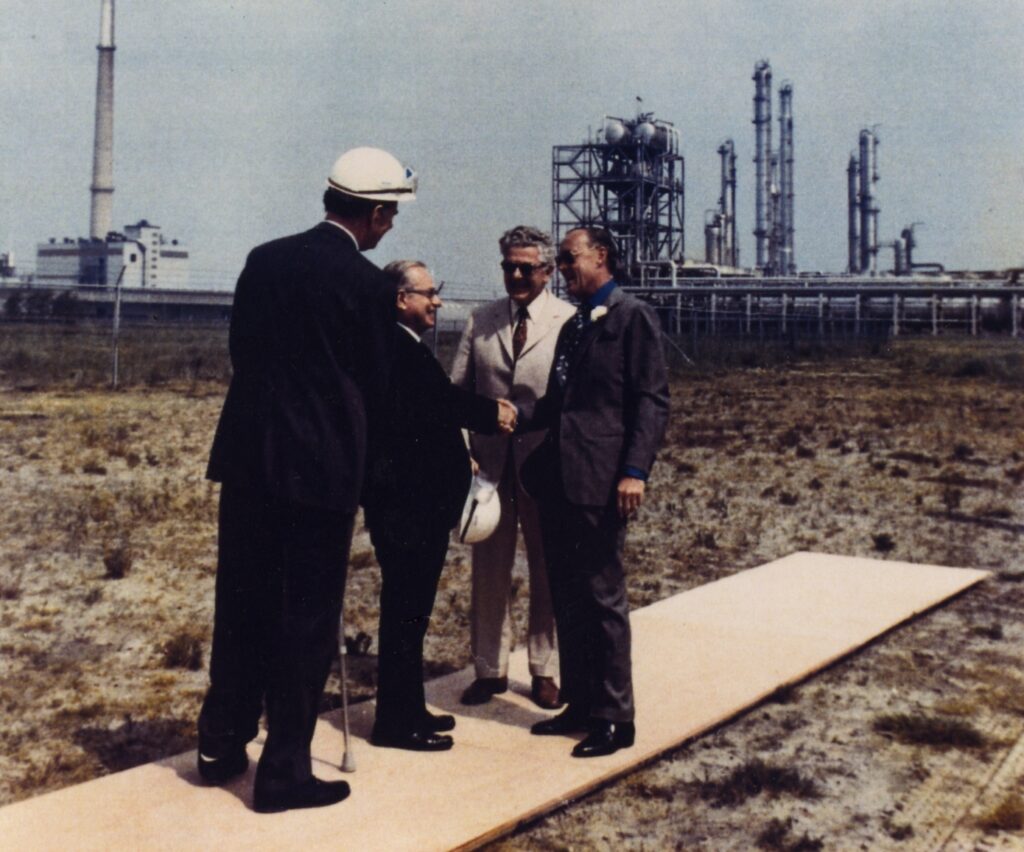
During World War II, Kellogg was asked to build a large-scale facility at Oak Ridge, Tennessee, to separate uranium-235—needed for the atomic bomb—from the predominant isotope, uranium-238. Landau was given the responsibility of designing the equipment to produce fluorine, a highly reactive substance needed to make the uranium hexafluoride used in the gaseous diffusion process. He also oversaw the production of the fluorinated compounds used to protect surfaces in contact with the uranium hexafluoride.
Improving Petrochemical Production Processes
After the war he and a construction engineer he had met at Oak Ridge, Harry Rehnberg, started Scientific Design with the objective of improving petrochemical production processes. Much of their business in the early days was abroad, and one of their first successes was an improved method of producing terephthalic acid—the main raw ingredient in polyester fiber—by bromine-assisted oxidation of paraxylene.
Worldwide rights for this process were purchased by Standard Oil of Indiana (later BP Amoco). Another triumph was an improved process for producing propylene oxide, a substance used in polyurethane foams and in rigid polymers; in this case the partner in the new corporation, called Oxirane, was ARCO Chemical Company (also later BP Amoco).
Later, as a faculty member of the economics department at Stanford University and a fellow at Harvard’s Kennedy School of Government, Landau focused on understanding the political and economic environment necessary to encourage technological innovation—the lifeblood of a successful economy.
Recognition
Landau received more than 50 honors and awards in his lifetime, including the National Medal of Technology, the Founders Award of the American Institute of Chemical Engineers, the Society of Chemical Industry (SCI) Chemical Industry Medal, and the SCI Perkin Medal. In 2000 the Founders Club and the Chemical Heritage Foundation (CHF), now the Science History Institute, awarded him the Petrochemical Heritage Award in recognition of his technological and entrepreneurial contributions to the worldwide development of the petrochemical industry and his pioneering role in interpreting the economics and history of the “high-tech” industries. He was the first recipient of CHF’s Othmer Gold Medal (1997). Landau was an elected member of the National Academy of Engineering.
Featured image: Science History Institute/Selwyn Fund.

